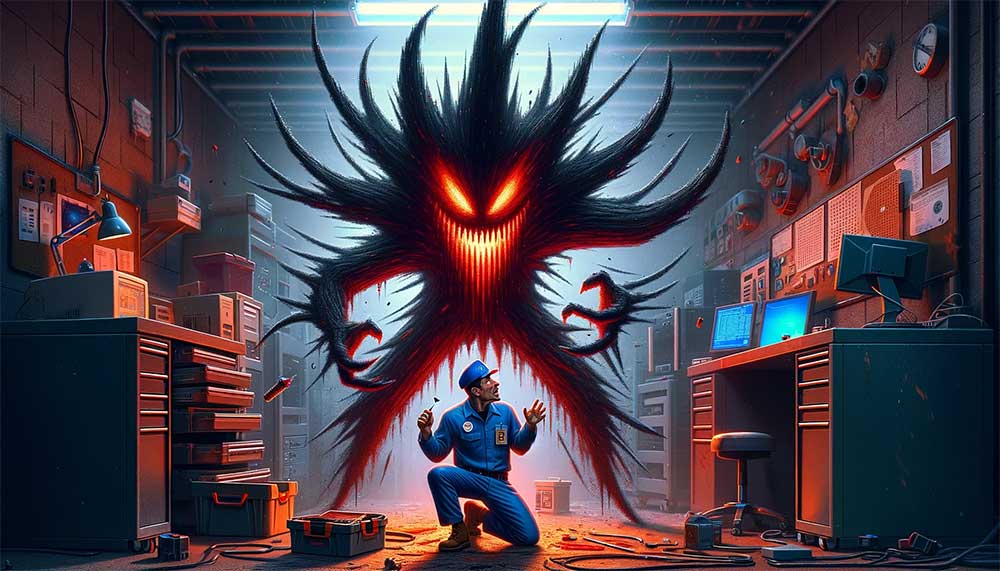The answer to the age-old dilemma of whether to upgrade or buy a new computer typically depends on who you are asking! Store salespeople will almost always suggest buying a new one, and your geeky friend will undoubtedly suggest upgrading. However, speaking with a knowledgeable consultant or expert who can offer a few alternatives is your best bet.
Examine what you currently have to verify if an update is technically feasible before moving forward. For instance, if your automobile is 30 years old and is constantly breaking down, it’s time to replace the rusty old thing! However, a brief trip to the mechanic will likely save you a lot of money compared to purchasing a new automobile if your car is quite current and in good condition but merely stalls sometimes. The same holds true for computers.
Factors to Consider when Deciding to Upgrade or Buy New
Most likely, you already know that your computer has to be replaced. However, if you’re unsure and some days it may go either way, these suggestions will assist you in making your decision.
Type of computer: What type of computer do you have—a laptop or a desktop? In general, upgrading a desktop is significantly simpler than upgrading a laptop. You might not have a choice because certain laptops are too small to be easily upgraded.
Hard drive upgrade: Modern SSDs (Solid State Drives) are far faster than older HDDs (Hard Disk Drives), and we strongly advise installing them in all PCs to give them a noticeable speed boost. The biggest drawback of SSD drives is that they typically store less data than an HDD, but as prices fall, this is becoming less of a drawback.
Memory/RAM upgrade: The majority of cheap PCs require a memory boost because some of them are weak right out of the box. However, depending on how you use it, even a fantastic system purchased a few years ago can benefit from additional RAM. Speak with a specialist at A Plus Computer to see whether it is worthwhile to add some extra memory to your machine because, in general, installing more memory is a fairly simple process.
Upgrade your video card: As time passes, high-end graphics apps and games become more and more demanding. Stick-figure animations are a thing of the past; lifelike 3D is now the norm. An enormous load is placed on your computer’s graphic resources as a result of that improved experience. If you play video games or need high-end software for your business, you can frequently upgrade your computer’s performance with only one piece of hardware—a new video card. Consult an A Plus Computer professional to determine whether a graphics card can improve the speed of your present system or if a new system is necessary.
Transfer of data/applications: A lot of individuals ignore this and buy a new computer in the belief that it will be a more cost-effective solution. What people fail to remember is that their old software might not work on a new computer, that they need to transfer all of their old data, and that they must set up and install things like email and printers. You won’t need to be concerned about this when updating your present system.
Machine maintenance: Your hardware might occasionally be in good shape and your computer may only require a service and cleansing. Old files and settings are left behind over time, which gradually causes the computer to run more slowly. Additionally, dirt and dust can clog fans and vents, causing the computer to overheat and run slowly.
Too difficult to upgrade: There are other upgrades, such as the CPU (the computer’s brains) and the motherboard (where all the parts plug into), but once you’re in that territory, it’s really time to go for a full replacement; you’ll save money by purchasing a computer that meets your needs and can expand with you.













